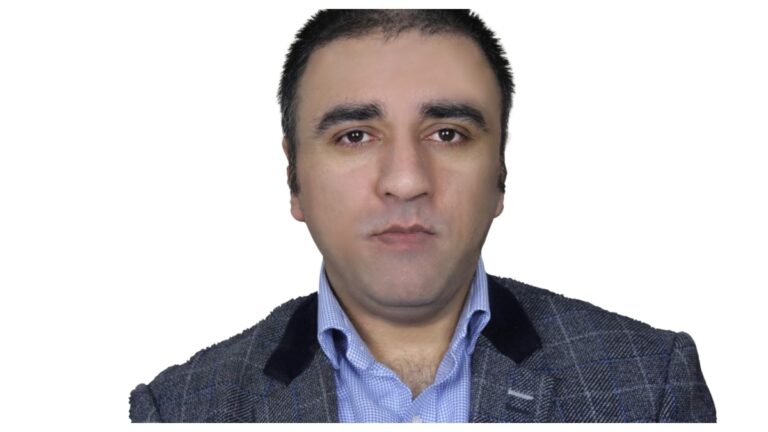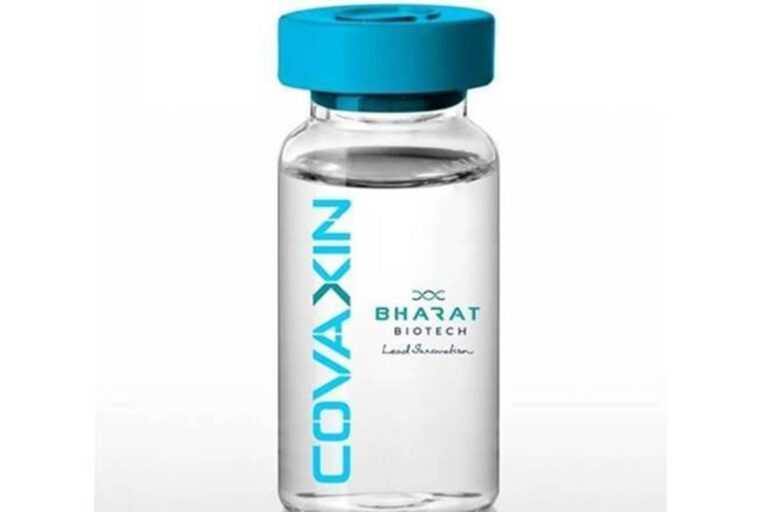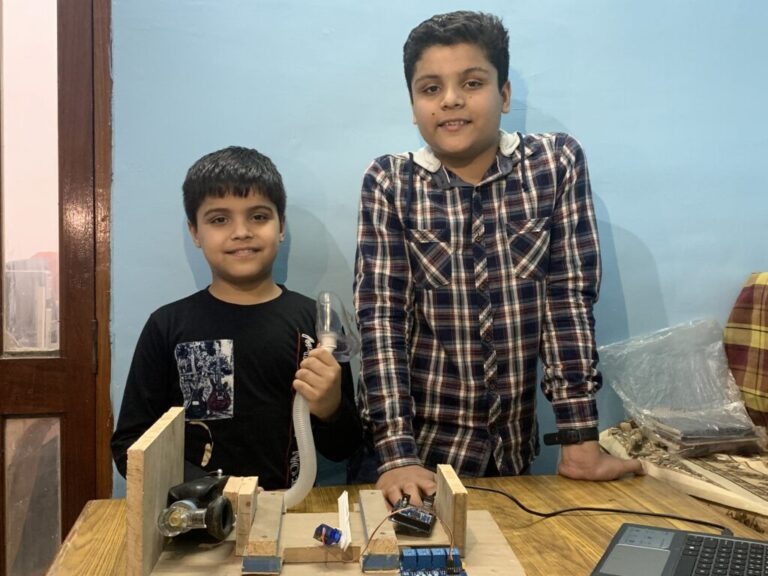AFGHANISTAN: Mohammad Naeem Ahady, MBA graduate and a resident of the United Kingdom started a Facebook Group called “Life-Saving Movement” to bridge the gap between a blood donor and the hospitals in Afghanistan. Interestingly, Ahady is an Afghan by birth but moved to the United Kingdom after some time.
Read Also: The Avery Burton Foundation To Participate In The Well Beings Tour
Being thousands of miles away from his own country, Ahady thought of doing something to give back to his motherland. The social entrepreneur has created a Facebook blood donation group with an aim to unite the people of Afghanistan. The group allows the Afghan people to have smooth, synchronized coordination between the citizens, hospitals, and laboratories.
Coalition for better health services in Afghanistan
Afghanistan besides having problems of war has many other problems. In most of the regions in the country, a proper medical healthcare facility isn’t available. Seeing the situation of his motherland, Ahady decided to do something about this. So, he designed a program to solve Afghanistan’s biggest problem that is blood donation.
Talking to Transcontinental Times about his initiative, Ahady said, “I had thought about the idea of blood donation in 2018 but it took me a year to implement it. In Afghanistan, many people are unable to find blood or other facilities on time for normal and Thalassaemia patients. I observed that there was a need for a blood donation program in Afghanistan as the citizens were not getting the required help on time. Along with this, there are some other issues like difficulty in finding family members of accident victims, discoordination amongst hospitals, people, and laboratories.”
Initially, Ahady designed cards to provide emergency services to the citizens of Afghanistan. This card includes basic information about a citizen including his blood group. In case of an emergency, the hospital and medical authorities can check the victim’s card and can find instant details about him. The card is sent via messenger and Whatsapp and printed in Afghanistan.
“Whenever there was an accident in Afghanistan, people generally post about it on FB asking for help to find the accident victim’s family members. It was awkward for me, as we lack a forensic and DNA system. That is when I thought of issuing an emergency card in which the details of the family members can be stored along with their blood group details and this card must be carried in pocket everywhere”, Ahady said.
Working of the emergency card
With the emergency card designed and developed by Mr. Ahady, his team registers the name of the people in a database. Then they act as per the query that is posted on the Facebook group. Later, the number from the database is shared with the patient’s family for instant help.
The FB group was further integrated to use a mobile Application wherein every blood donor is registered to get instant help in the time of need. The system is centralized and each member is required to report his movement. With a centralized system, the team decided to set up laboratories besides hospitals.
However, due to a lack of literacy, infrastructure, and money, it became difficult for citizens and the team to coordinate. To deal with this problem, Ahady decided to set up an online call center. With the help of a Facebook messenger group and all his friends, he brought several SIM cards.
With every query posted on FB, a team member analyzes the patient’s call (identify the SIM card company) and arranges a call back from the same SIM card to cut down the extra cost. This is done to save the cost and time of the patient.
“I came up with the “One Nation, One Centralized National Blood Donation Database” idea which is the perfect and permanent solution to tackle the blood donation problem of not only Afghanistan but any country in the world. We make sure that the demand and supply are in an accurate ratio. We are working towards ending the black market for blood selling rather than donating”, Ahady said.
“We are aiming to slowly make progress, making our infrastructure capable of supplying blood to every hospital in Afghanistan. We are also educating and spreading awareness amongst people,” he further added.
The “blood donation” application
Ahady and his team have created a web and mobile application for the citizens of Afghanistan. The database of the mobile application helps to differentiate between donors and non-donors. Information including the date, name, time is stored in the database. For easy identification between them, the donors’ names are usually highlighted in the database. Various hospitals also have access to the database of the application. The hospital can call registered members at any time for blood donation.
Talking about the challenges, Ahady said, “I faced challenges to communicate with people who weren’t on FB/Whatsapp. However, the challenge didn’t stop me, I thought of designing a database for blood donation and gave it to hospitals (govt/private/small clinics). This has resulted in aiding the hospitals to connect with donors from the database while also registering the new ones. People whether educated or illiterate can now directly go to the hospital and register themselves and can ask help from hospitals to call blood donors.”
Ahady now aims to have a seperate “blood donation departments” in hospitals. He believes that through this people can instantly get help without any confusion and problem.



